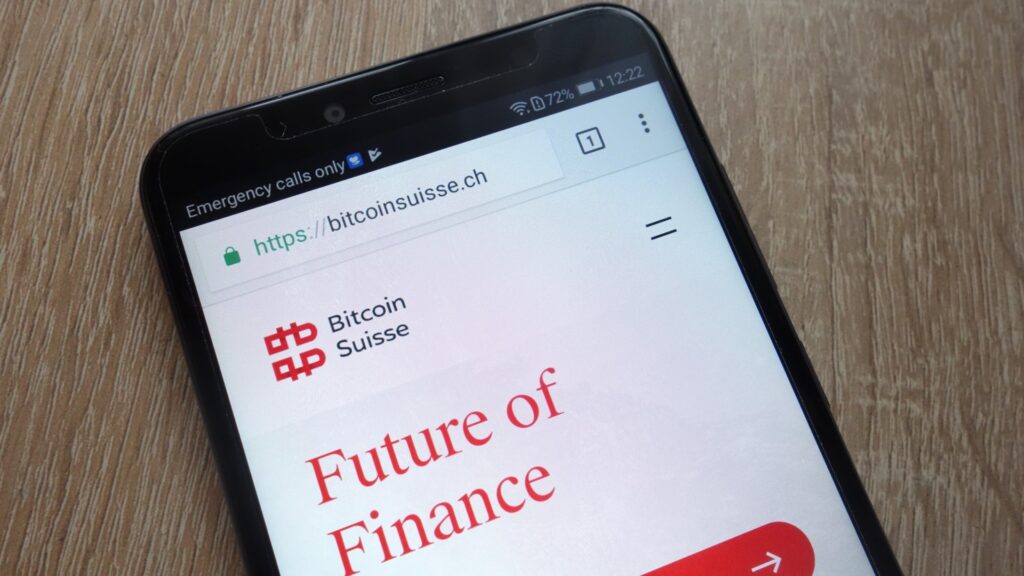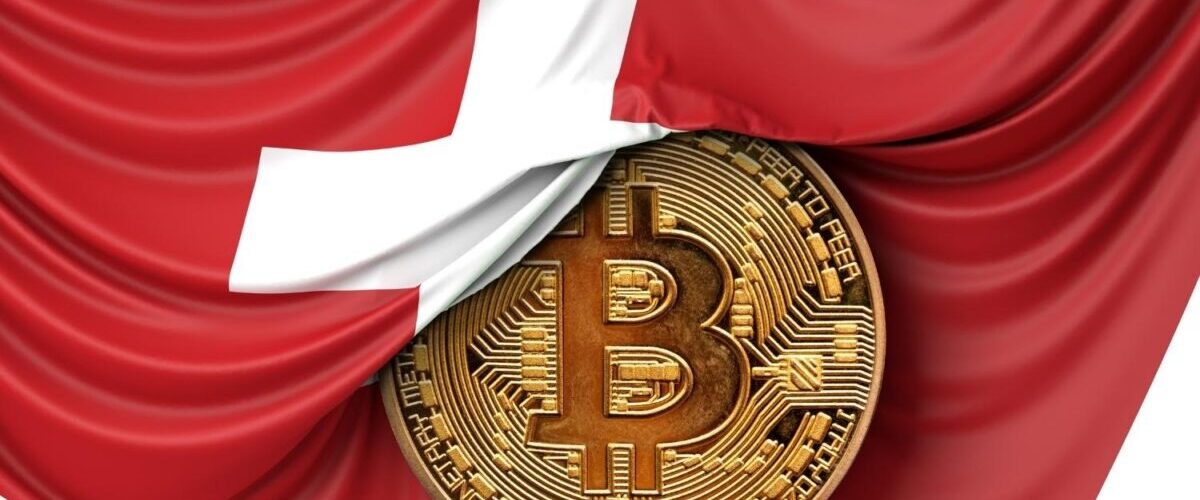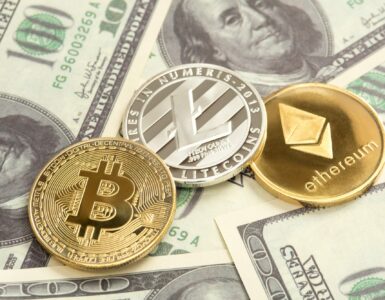A group of passionate Bitcoin advocates in Switzerland has embarked on an audacious mission: to secure a spot for Bitcoin in the Swiss National Bank’s (SNB) reserves. Spearheaded by Yves Bennaïm, founder of the non-profit think tank 2B4CH, this campaign aims to bolster Switzerland’s financial sovereignty and neutrality by integrating the leading cryptocurrency into the country’s monetary framework. The initiative hinges on gathering over 100,000 signatures from Swiss citizens, a constitutional requirement for a referendum.
In this article, we delve into the details of the campaign, the challenges faced, and the potential benefits of adding Bitcoin to the SNB’s balance sheet. Luzius Meisser, president of Bitcoin-focused trading platform Bitcoin Suisse, lends his support to the cause. Meisser contends that embracing Bitcoin would enhance Switzerland’s independence from the European Central Bank and reinforce its commitment to neutrality. Despite initial setbacks, the campaign persists, with Meisser advocating for a future where Bitcoin plays a pivotal role in Switzerland’s financial landscape.

Campaign details
Led by Yves Bennaïm, the founder of the non-profit think tank 2B4CH, the campaign to secure a spot for Bitcoin in the Swiss National Bank’s (SNB) reserves is gaining momentum. The initiative centers around amending Article 99-3 of the Swiss Federal Constitution to recognize Bitcoin as a reserve currency. To achieve this, the group must gather over 100,000 signatures from Swiss citizens within 18 months, as mandated by the Swiss constitution.
Advocates argue that including Bitcoin in the SNB’s reserves would enhance Switzerland’s financial independence from the European Central Bank. Additionally, it would reinforce Switzerland’s commitment to neutrality, positioning the country as a forward-thinking player in the evolving global financial landscape. Despite initial setbacks during their first attempt in October 2021, the group remains undeterred and continues their efforts to secure a place for Bitcoin alongside traditional fiat currencies.
Challenges Faced
During their initial attempt in October 2021, the group encountered significant challenges. The primary obstacle was the requirement to gather signatures from approximately 1.15% of the Swiss population. This daunting task necessitated over 100,000 signatures from Swiss citizens within a tight timeframe of 18 months—a constitutional mandate for any referendum in Switzerland.
Despite these hurdles, the campaign remains steadfast. Advocates recognize that integrating Bitcoin into the SNB’s reserves is a bold move, and resistance from traditional financial institutions and regulatory bodies is expected. However, their unwavering commitment to the cause drives them forward, as they believe that Bitcoin’s inclusion would enhance Switzerland’s financial sovereignty and reinforce its neutrality on the global stage.
Benefits and Independence
Adding Bitcoin diversifies the SNB’s holdings beyond traditional fiat currencies and gold. In times of economic uncertainty, having exposure to a non-correlated asset like Bitcoin can provide stability and resilience.
Bitcoin’s fixed supply (limited to 21 million coins) makes it an attractive hedge against inflation. Unlike fiat currencies subject to central bank policies, Bitcoin’s scarcity protects its value over the long term.
Switzerland has a longstanding reputation for neutrality and stability. Including Bitcoin reinforces this image, signaling openness to innovative financial technologies without aligning with any specific geopolitical power.

By holding Bitcoin, Switzerland reduces reliance on the ECB’s monetary policies. This independence allows the SNB to make decisions based on its own economic context rather than external pressures.
Bitcoin’s historical performance has been remarkable, with substantial returns over the past decade. Allocating a portion of reserves to Bitcoin could enhance overall returns for the SNB.
Switzerland has a tradition of pioneering financial innovations. Including Bitcoin would position the SNB at the forefront of central banks exploring digital assets.
While challenges remain, proponents argue that the benefits of integrating Bitcoin into the SNB’s reserves far outweigh the risks. It’s a bold move that reflects Switzerland’s forward-thinking approach to finance and technology.
Meisser’s Advocacy
Luzius Meisser, the president of Bitcoin Suisse, has been a vocal advocate for integrating Bitcoin into Switzerland’s financial system. His stance is rooted in several key points:
Firstly, Meisser believes that Bitcoin offers more stability than traditional fiat currencies like the Euro and the Dollar. The decentralized nature of Bitcoin, coupled with its limited supply (capped at 21 million coins), positions it as a potential hedge against inflation and currency devaluation. By including Bitcoin in the Swiss National Bank’s reserves, Meisser aims to enhance the country’s monetary independence and resilience.
Secondly, Meisser actively engages with the Swiss National Bank on this issue. He doesn’t merely advocate from the sidelines; instead, he plans to bring up the topic during the bank’s meetings. His goal is to emphasize the potential benefits of adding Bitcoin to their reserves, fostering a forward-thinking approach that considers the digital age and the evolving landscape of finance.
In summary, Luzius Meisser’s advocacy reflects a visionary perspective—one that recognizes the transformative potential of Bitcoin and its role in shaping Switzerland’s financial future.
Future Prospects
Let’s explore the future prospects of Bitcoin as a reserve asset for the Swiss National Bank (SNB) and its potential impact on Switzerland’s financial landscape.
If the Swiss National Bank decides to include Bitcoin in its reserves, it would mark a significant shift in monetary policy. Bitcoin’s decentralized nature and limited supply could serve as a hedge against inflation and currency devaluation. As central banks worldwide grapple with unconventional monetary policies, Bitcoin’s inclusion could provide stability and diversification.
Switzerland has long been associated with financial innovation and a favorable regulatory environment. If the SNB embraces Bitcoin, it could reinforce the country’s reputation as a crypto-friendly hub. Moreover, other central banks might closely monitor Switzerland’s move. If successful, it could encourage other nations to explore similar strategies, potentially accelerating Bitcoin’s adoption as a reserve asset globally.

Conclusion
The campaign to include Bitcoin in the Swiss National Bank’s reserves represents a bold step toward integrating cryptocurrency into the heart of Switzerland’s financial system. Advocates like Luzius Meisser emphasize Bitcoin’s stability, limited supply, and potential as a hedge against traditional fiat currencies.If successful, this move could position Switzerland as a pioneer in adopting digital assets at the national level.
Beyond Switzerland’s borders, the initiative has broader implications. Other central banks may closely watch this development. If the SNB officially includes Bitcoin, it could inspire other nations to explore similar strategies. The global perception of Bitcoin as a reserve asset might shift significantly. The debate extends beyond economics—it touches on technological innovation, monetary policy, and the evolving landscape of finance.
Whether Bitcoin becomes part of the Swiss National Bank’s reserves or not, the campaign highlights a paradigm shift. Traditional financial institutions are increasingly acknowledging the role of digital assets. The future may see a blend of old-world monetary systems and decentralized cryptocurrencies. As the Swiss Bitcoin campaign unfolds, it invites us to ponder the intersection of tradition and innovation in the world of finance.





Add comment